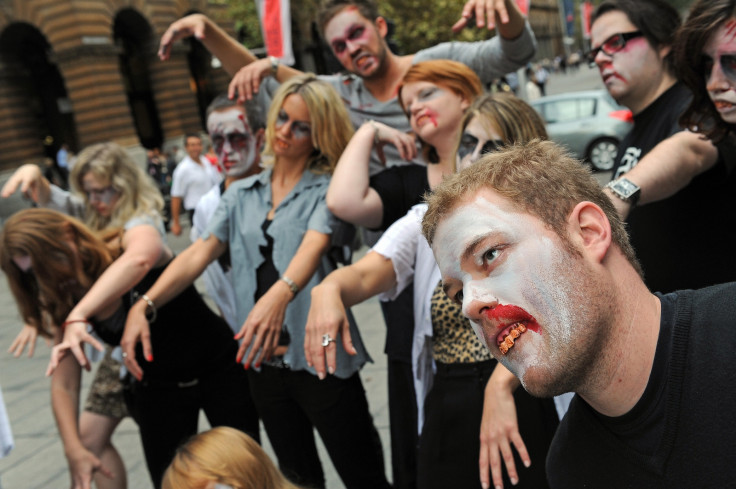Buy Nothing Day 2014: Black Friday Anti-Consumerism Backlash Facts and History

As consumers await the beginning of Black Friday, grassroots anti-consumerism protests against the day are also getting started.
Buy Nothing Day, which was originated in Canada in September 1992 as "a day for society to examine the issue of over-consumption", is an international day of demonstration against the post-Thanksgiving shopping frenzy.
The day was founded in Vancouver by artist Ted Dave and in 1997, it was moved to the Friday after American Thanksgiving – Black Friday – which is one of the ten busiest shopping days in the United States. In the UK, Buy Nothing Day is marked on 29 November.
In 2000, adverts by advocacy magazine Adbusters promoting Buy Nothing Day were only aired by CNN in the United States. Incidentally, Adbusters would help start the Occupy Wall Street movement in 2011.
Now, grassroots Buy Nothing groups are as popular as ever, with 65 countries participating in events, including the United Kingdom, Germany and France.
Aiden Enns, editor of Geez Magazine, a progressive religious publication based in Manitoba, Canada, said his family have been participating in events for a decade.
"Buying things and throwing them out is absurd. The spirit of Christmas isn't shopping," he said. "It's life, love, joy, that kind of thing. I'm trying to live into a better way of being that is more harmonious with the Earth and the humans on it."
What activities take place for Buy Nothing Day?
Different forms of protests have been used to garner attention for the cause, including the public cutting of credit cards, street parties and do-it-yourself craft fairs.
Zombie walks have been held in cities worldwide, including Sydney, Australia, in a satire of shoppers on Black Friday. Another event, nicknamed "Whirl-mart", involves participants silently steering their shopping trollies in a line without purchasing any items.
In 2009, the "Wildcat General Strike" involved supporters not buying anything for 24 hours, abstaining from driving their cars and turning off their lights, televisions and computers. In San Francisco, California, the Bay Area Sea Kayakers paddle along the shop-lined city waterfront.
Why is the day criticised?
Critics of Buy Nothing Day state the day simply encourages participants to buy items the day after, rather than clamping down on consumerism for good.
According to Adbusters, the day is not about "changing your habits for one day" – but is about a "lasting lifestyle commitment to consuming less and producing less waste".
What other anti-Black Friday movements exist?
Outdoor clothing and equipment retailer Patagonia wants customers to trade in worn clothing, books and other items on Black Friday in exchange for other used items or new things, if necessary.
The California-based company generated $600m (£382m) in revenue last year and operates 30 retail stores in the U.S.
This year, the "Worn Wear" programme will take place in Boston, New York, Denver, San Francisco and Portland.
© Copyright IBTimes 2025. All rights reserved.



















